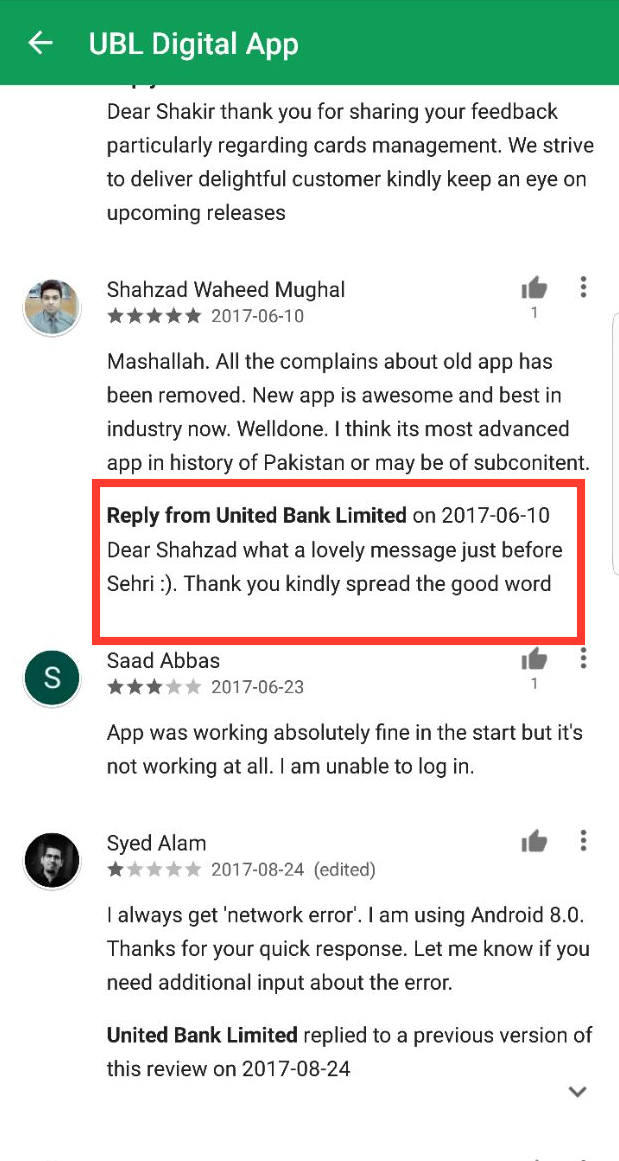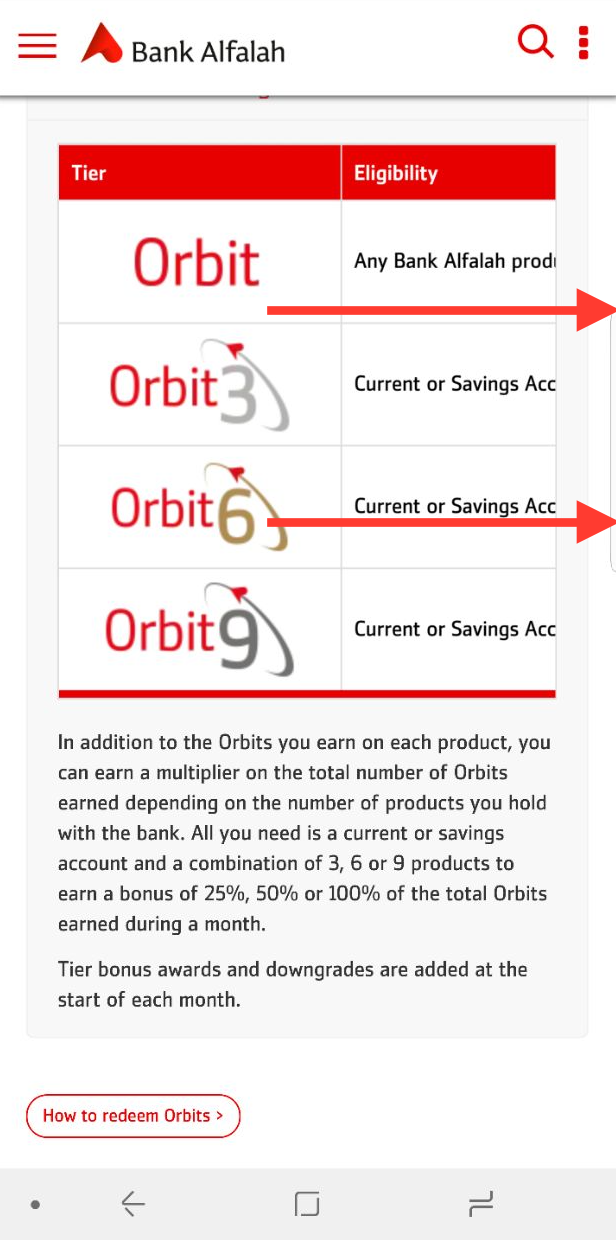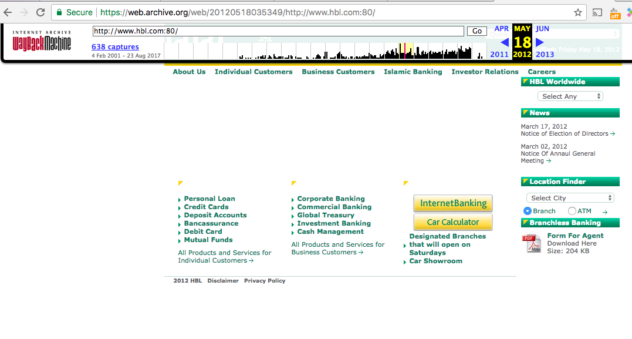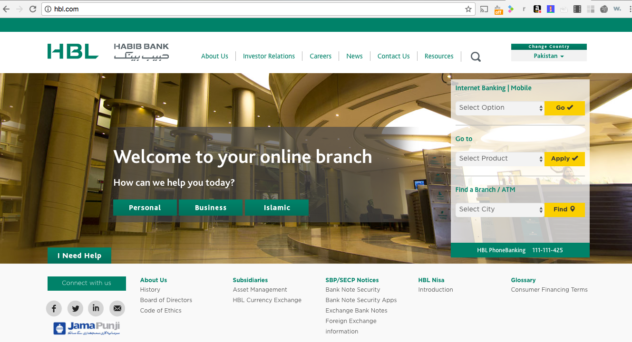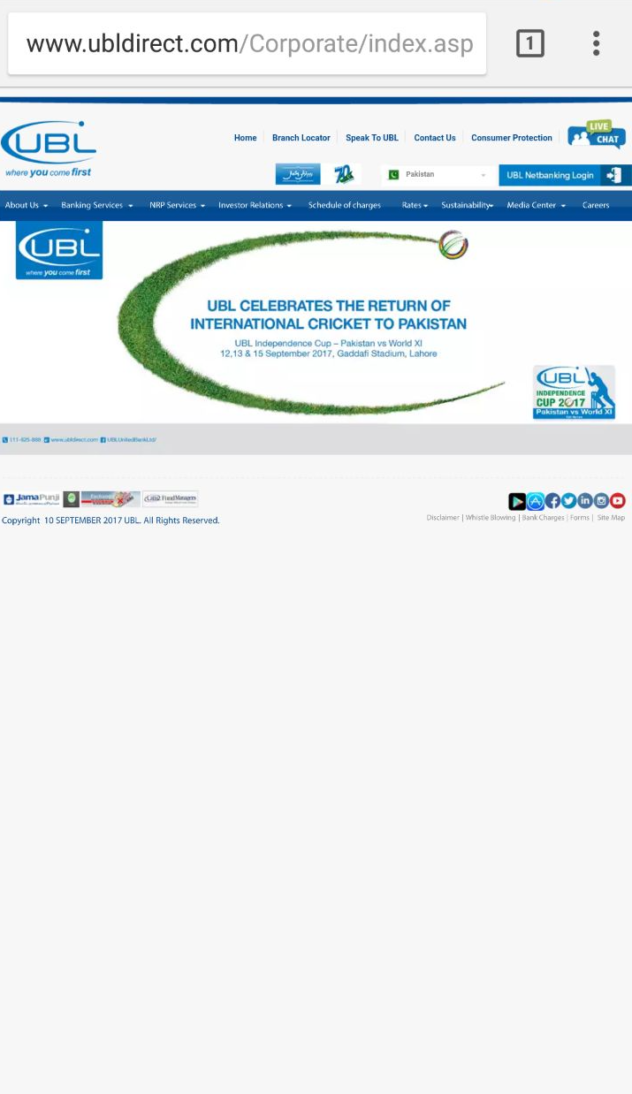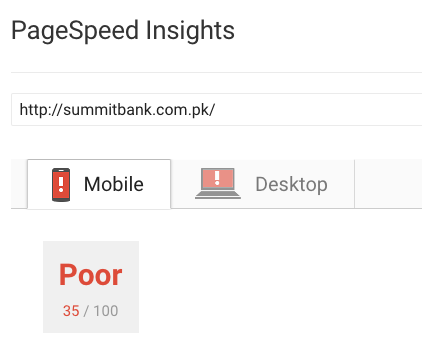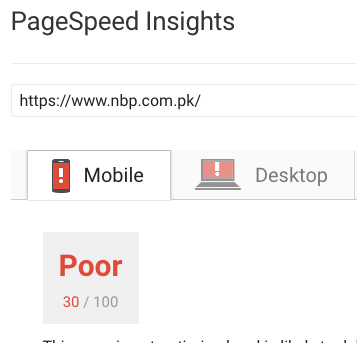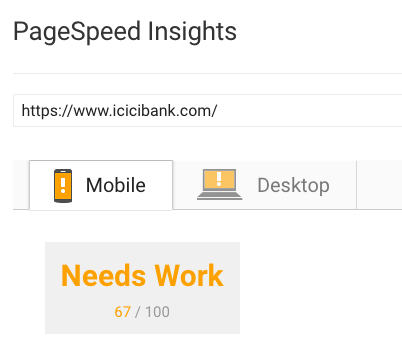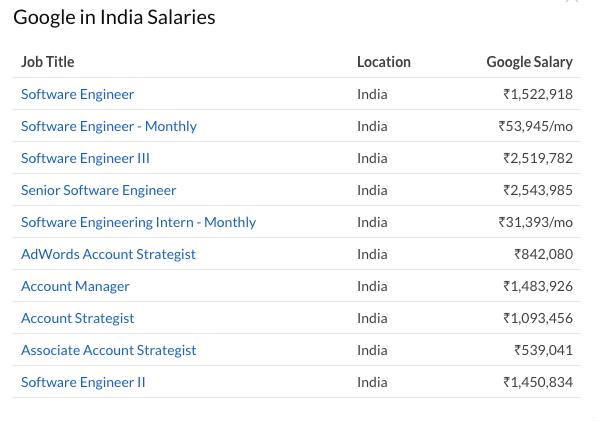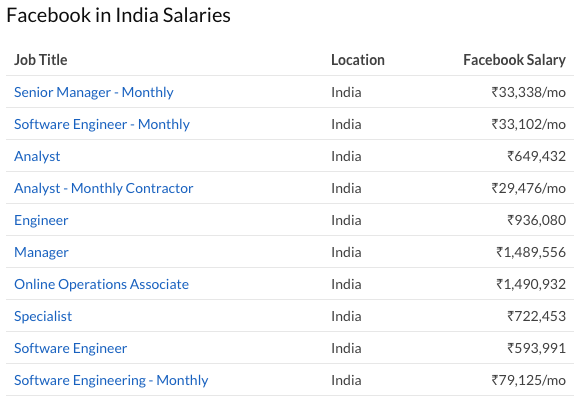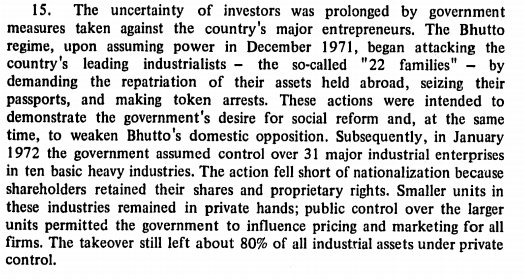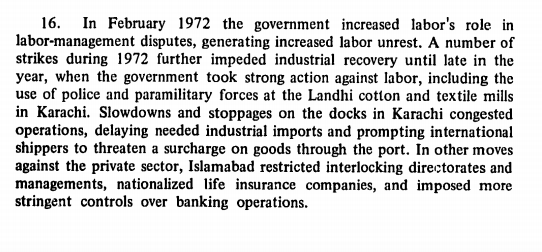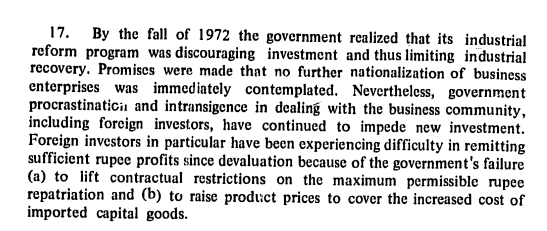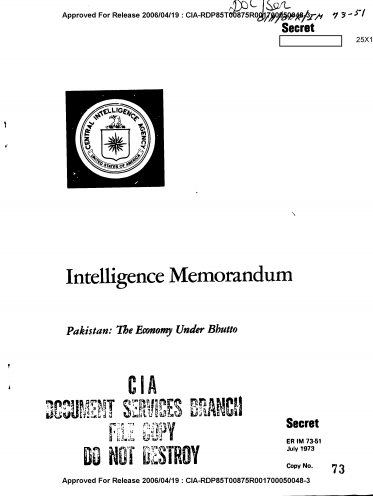This article has been updated with the PPT used at the 021Disrupt Conference on Sat Nov4th 2017.Disrupt-Faizan Siddiqi
Digital Innovation is not easy, actually its more difficult than transformation. Because Innovation is real touchy feely stuff, transformation at its core is the vernacular of the C suite chaps who like LBOs of the 80 and CDOs of 90s invented stuff that the average person couldn’t really understand. We all fell for it, but how many of us really understand at its core what it means?
Lets try to deconstruct why Innovation is so hard “Being active in youth may change the inner workings of brain cells much later in life and sharpen some types of thinking, according to a remarkable new neurological study involving rats.” So for the new experiment, which was published this month in eNeuro, researchers at the University of Toronto and other institutions basically distilled it down to the following premise: Moving When Young May Strengthen the Adult Brain.
If you look at it rationally organizations are looking for younger folks(generally) to run and head Digital Innovation and Transformation initiatives because at some cellular level being in their 40-50s/60s they realize that as they cope with their cognitive issues at large its best to farm this work out to some one from the right generation. They are not very wrong in this assumption but they arrived at it because they them selves cant do it and its easier to appoint a person, a function a role to take the fall when their organizations falter at the seams as they fight off the startups eating away at their margins. I understand this is a very large scale generalization but it is backed up by what we see at corporations large and small. Find me a Chief Innovation Officer in their 50s.
Until you understand the principles behind innovation, you’re going to fall short. There is no innovation “formula” that magically works for every company. Don’t settle for fad management tactics or blanket solutions that lack nuance. There is no innovation “formula” that magically works for every situation. As a baseline your need to gain a deep understanding of principles, frameworks and skills that help you see the world differently. When you learn to see the world differently, you begin to think creatively.
Given the information overload and information paralysis we go through every day, we are victims to filter bubbles.
WTF are Filter Bubbles, let me demonstrate. Imagine your average day. What do you do?You read the headlines, tap, scroll, tap, tap, scroll.It is a typical day and you are browsing your usual news site. The New Yorker, BuzzFeed, The New York Times, take your pick. As you skim through articles, you share the best ones with like-minded friends and followers. Perhaps you add a comment. Few of us sit down and decide to inform ourselves on a particular topic.For the most part, we pick up our smartphones or open a new tab, scroll through a favored site and click on whatever looks interesting.Or we look at Facebook or Twitter feeds to see what people are sharing.Chances are high that we are not doing this intending to become educated on a certain topic.
No, we are probably waiting in line, reading on the bus or at the gym, procrastinating, or grappling with insomnia, looking for some form of entertainment.
We all do this skimming and sharing and clicking, and it seems so innocent.But many of us are uninformed about or uninterested in the forces affecting what we see online and how content affects us in return.That ignorance has consequences.
The term “filter bubble” refers to the results of the algorithms that dictate what we encounter online. So how can you innovate when all you are doing is consuming stuff and re hashing it. There is no net new creativity. Most days.
Much of the content we consume, the cord cutting shows we watch, the papers we read offer personalized content selections, based on our browsing history, age, gender, location, and other data.We become the subject as opposed to becoming the subject matter expert and we fully understand that we cant innovate till we at least have some grounding as an expert in a discipline, that grounding doesn’t come only via having a Phd or classical training in a field it comes with interactions and the ability to think within the constructs of the issue at hand with a view to find a solution.
In the absence of which and by being digital consumers alone, the result is a flood of articles and posts that support our current opinions and perspectives to ensure that we enjoy what we see. We program our selves to enjoy the mundane. Even when a site is not offering specifically targeted content, we all tend to follow people whose views align with ours.When those people share a piece of content, we can be sure it will be something we are also interested in. Take this blog post for example.
That might not sound so bad, but filter bubbles create echo chambers. We assume that everyone thinks like us, and we forget that other perspectives exist, which is a cardinal sin when you are tasked with innovating.
Filter bubbles transcend web surfing. In important ways, your social circle is a filter bubble; so is your neighborhood. If you’re living in a gated community, for example, you might think that reality is only BMWs, Teslas, and Mercedes and kids going to private prep schools because that will make them scions of industry and get other perks in life.
Your work circle acts as a filter bubble too, depending on whom you know and at what level you operate at.
One of the great problems with filters is our human tendency to think that what we see is all there is, without realizing that what we see is being filtered. There in lies the core issue around why most of us suck at innovating and why we are whole heartedly engaged in hero worship or having our ideas and thoughts being shaped by the bias in every thing around us. Let me demonstrate, watch the following:
If you watched this you have a very real sense of why filter bubbles are the crux of the problem of innovation.
Filter bubbles can cause cognitive biases and shortcuts to manifest, amplifying their negative impact on our ability to think in a logical and critical manner. A combination of social proof, availability bias, confirmation bias, and bias from disliking/liking is prevalent.
We have an inherent desire to be around those who are like us and reinforce our worldview. People form tribes based on interests, location, employment, affiliation, and other details. Within groups (even if members never meet each other), beliefs intensify. Anyone who disagrees may be ousted from the community. Sociologists frame this as “communal reinforcement” and stress that the ideas perpetuated can have no relation to reality or empirical evidence.
Thats why when you join an organization that wants you to lead their innovation function and or digital transformation, the organizational bias that exists actually sets you up for failure. Only when the Leadership allows you to be free spirited can this be counteracted but in most cases and on most days that is not the case, hence the best of intentions to hire a hipster to innovate fails. The sum of the organizations attitudes make sure that 9/10 times that is the case.
Organizational Systems — be they people, cultures, or work groups, to name a few examples — naturally have to filter information and thus they reduce options. Sometimes people make decisions, sometimes corporate cultures make them, and increasingly algorithms make them. As the speed of information flowing through these systems increases, filters will play an even more important role.
You have to be able to see past them to really innovate. If you innovate at a steady state your transformation journey becomes easier, so my take is, without innovation digital transformation is just a fad that will have no new results when you try to solve old problems without innovating first.
Making time for deep reflection in your daily life in incredibly valuable. Do not miss an opportunity /any opportunity to simplify, clarify and get back to the essence of what it means to innovate.
I firmly believe that understanding without experience is worthless. Unless you are immersed in activities that allow you to discuss, execute workshops and practice newfound skills, rather than regurgitate them. You wont be able to innovate.
There is a truckload of bullshit in organizational truths, When I say [BS], I mean arguments, data, publications, or even the official policies of organizations that give every impression of being perfectly reasonable of being well-supported by the highest quality of evidence, and so forth but which don’t hold up if you look beyond the surface.
Bullshit has the veneer of truth-like plausibility. It looks good. It sounds right. But when you get right down to it, it stinks. So you gotta watch out for organizational BS. Before you can think at scale you cant innovate, till you can innovate you cant transform and till you cant transform you will be at the same place you started besides the fact that you’d have put on a fresh coat of lipstick on the pig.
As the programmer Alberto Brandolini is reputed to have said: “The amount of energy necessary to refute bullshit is an order of magnitude bigger than to produce it.” So even if your heart is in the right place at your organization and you are having to refute the old way of doing some thing before you can really innovate, most of your energy will be spent on refuting past truths. But there in lies the art part of my title, you must know the art of making sure you are not refuting all the time but that you have a balancing act. The fiction part is the story you must tell of a future, that by virtue of transformation will yield better results, so you have to have a truth well told. The science part is that once you get it right every one will start to believe that you have a method to the madness, hence it becomes as irrefutable as science , data and facts, because growing up we were all led to believe that most scientific truths hold true till proven other wise.
Understanding that what we see is not all there is will help us realize that we’re living in a distorted world and remind us to take off the glasses. Trust me, you need those glasses off to innovate and to transform, be it digital or other wise.
Disclosure: This article and every thing else on this site draws heavily from my daily filter bubbles and is a social experiment to see how many people have the same bias.

